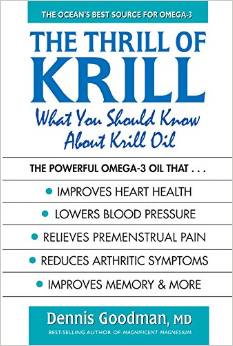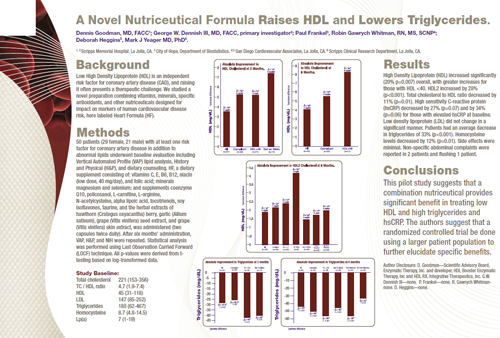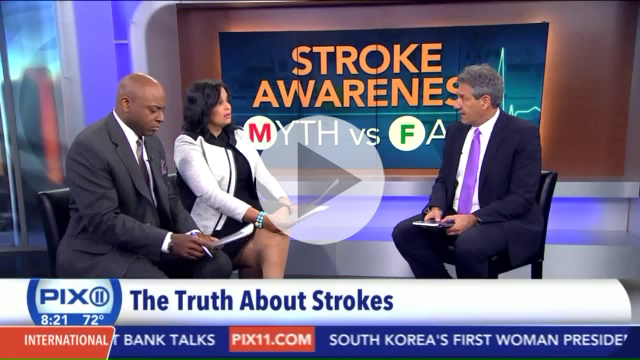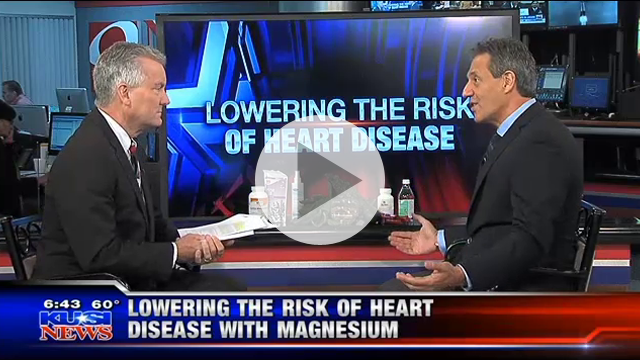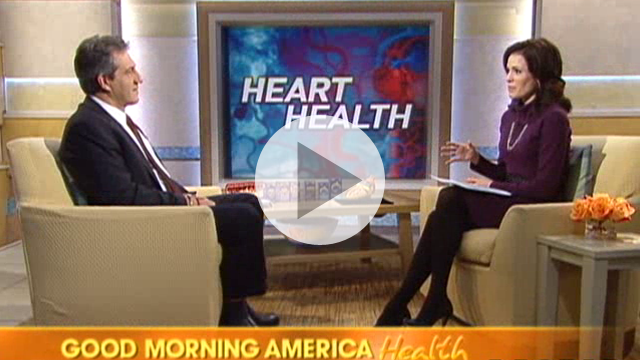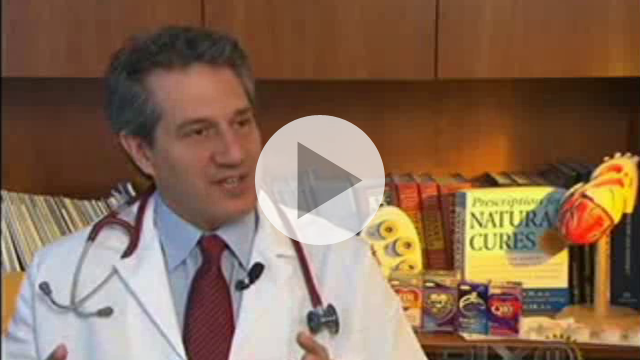What is Integrative Medicine?
Integrative medicine combines the best of conventional and complementary (alternative) medicine, based on a patient's individual needs and condition. It seeks to integrate the successes from the Western world of medicine (allopathic) with those of complementary medicine. Care is tailored to each individual, recognizing his or her unique set of circumstances. The goal is to utilize the safest, natural, least invasive and holistic approach. Integrative medicine focuses on the fact that there are many paths to healing and that being in "good health" is a cohesive balance of mind, body and soul.
Health comes from the old English word "hal", which means wholeness, soundness or spiritual wellness. Health is defined by the World Health Organization as "a state of complete physical, mental and social well being and not merely the absence of disease or infirmity." Cure, on the other hand, refers to doing something to alleviate the troublesome condition or disease, for example by giving drugs or performing surgery. Healing does not equal curing. We can cure a condition such as hypertension with a pharmaceutical drug without healing the patient. Healing would facilitate lifestyle changes that reduce stress, improve diet, promote exercise and increase a persons sense of well being and, of course, reduce risk of cardiovascular diseases such as heart attack and stroke. In doing this, we help improve the balance of health within the body, which may result in the ability to discontinue the drug and remove the need for the "cure".
Integrative medicine can be thought of as "healing oriented medicine" that takes into account the whole person (body, mind and spirit) including all aspects of lifestyle and the stresses in their life. It emphasizes a therapeutic relationship that regards the patient as an active partner who takes personal responsibility for their health. Integrative medicine encourages more time and effort be spent on disease prevention rather than waiting for something bad to happen. The incidence of heart disease, diabetes and cancer could be significantly reduced by better lifestyle choices. Instead, they are occurring in epidemic proportions. This has resulted in our current health care crisis.
Larry Dorsey, a well-known authority on the value of prayer in medicine was recently interviewed by Dr. Frank Lipan, himself a renowned integrative medicine physician. Dr. Dorsey said the following: "When we think about medicine, the images that come to mind for most people are high tech, complex and expensive - pharmaceutical drugs, surgical procedures, organ transplants, or up and coming therapies such as stem cells." We do need these of course, but "for most people most of the time, we can take care of our health in a more down to earth way. Behind the high tech world is another reality - a world of simple ordinary things that have an extraordinary power to heal - things such as good diet, exercise, controlling stress in our lives," and some less well known, and in many cases equally as effective ones, such as music therapy, prayer, yoga and meditation. The landmark INTERHEART study published in 2004 in the medical journal Lancet studied about 25,000 patients and revealed that stress was found to be the second leading risk factor for heart disease after smoking. Many complementary/alternative medicine mind-body therapies, such as biofeedback and psychotherapy, focus directly on stress management techniques and can therefore significantly reduce the risk of having a heart attack.
My goal as a physician trained in both Western (I spent 13 years training to become a cardiologist) and complementary medicine is to use the integrative medicine/holistic approach to provide you with the best options from evidence-based complementary/alternative therapies as well as conventional Western medicine (i.e. "the best of both worlds" approach). This often means a blend of both Western and complementary medicine to not only provide the tools of state of the art modern day technologies to diagnose disease, but, just as importantly, provide therapies to treat and prevent further illness and heal the mind, body and spirit.
Our ultimate goal is to always consider natural approaches first. This includes using natural foods, vitamins and herbs, and complementary therapies such as biofeedback, acupuncture and healing touch techniques. Only if these aren't successful will we add or switch to conventional Western therapies such as drugs, surgery or other invasive procedures. We believe that physicians and health care givers should embrace the best of both of these worlds. It is only through open mindedness, education, research and sharing of knowledge that we can value and recognize the wisdom of all healing traditions. Dr. Goodman had the privilege of working with the founders of Scripps Integrative Medicine Institute in La Jolla, California, Dr. Mimi Guarnieri and Rauni King where he saw first hand the benefits and successes of combining these many healing traditions.
It is the application of both Western and complementary medicine, or "integrative medicine," that we at NYMA believe provides the tools to achieving optimal health. We hope that one day we will be able to drop the term "integrative medicine" and rename it simply "good medicine."





